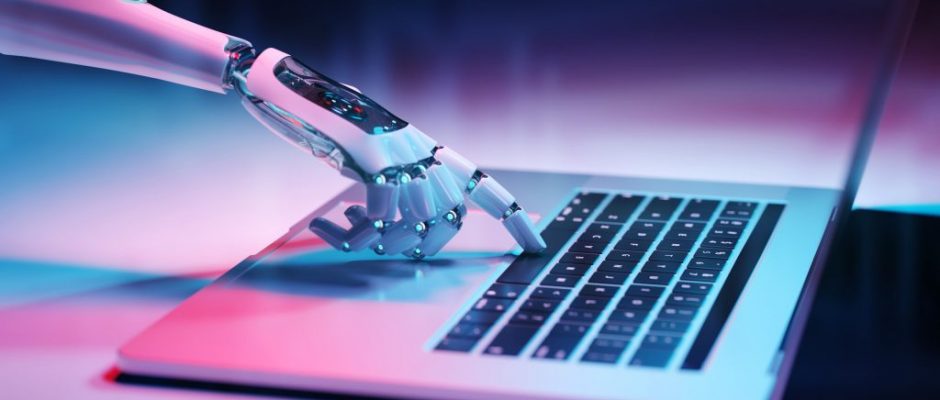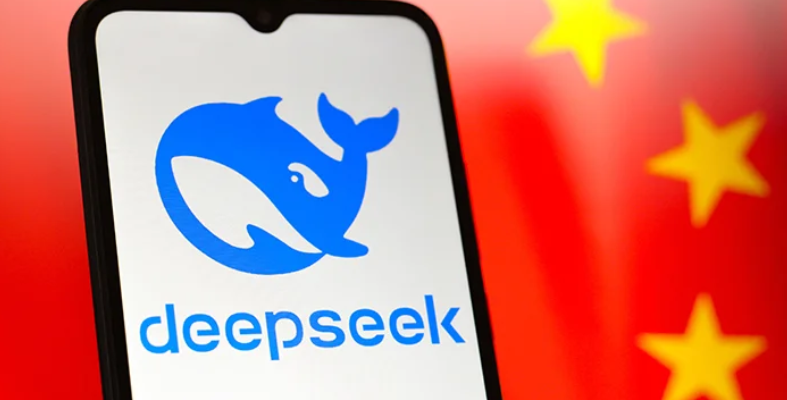Majority of Orgs Hit by AI Cyber-Attacks as Detection Lags – March 7th
AI-driven cyber-attacks are becoming a widespread threat, with 87% of security professionals reporting incidents in the past year, according to SoSafe’s latest cybercrime trends report. Despite the growing concern, only 26% of security experts express high confidence in their ability to detect such attacks.
The World Economic Forum noted a 223% rise in deepfake-related tools on dark web forums between early 2023 and 2024, further fueling concerns. While 91% of experts expect AI-driven attacks to surge over the next three years, nearly all respondents acknowledge the urgency of improving detection capabilities.











